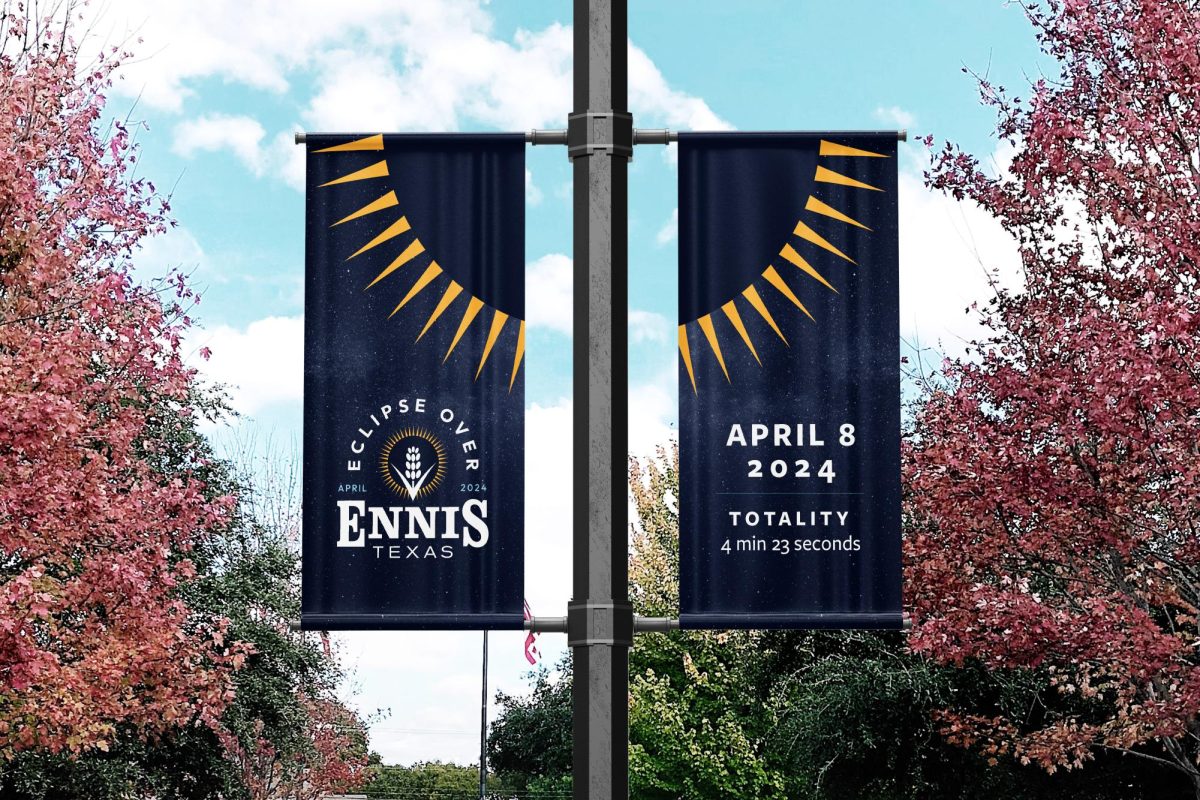If you have a car, chances are you’ve had car trouble.
From running out of gas and dead batteries to blown head gaskets and bad transmissions, there are a million things that can go wrong with a car.
In a state like Texas, owning a car is almost a requirement. Public transportation is too time-consuming and inconvenient to make it a viable option for those with a choice, so we resort to puttering around in our fossil-fuel burning commuter machines.
In a bad economy with gas prices that steadily rose to almost $4 per gallon before they recently dropped somewhat, we can’t afford another car-related expense.
So we skip a few fluid changes here and there, keep the tires on a little longer than our mechanics would like and close our eyes as we turn on the pumps.
But two local car gurus have said that missing maintenance on our vehicles may end up costing us more than we would save in the short term.
We consulted two of the 109’s car repair experts to find out just how costly skipping regularly scheduled maintenance can be. George Salinas, owner of G&M Tire and Service Center, 3524 South Hills Ave. and Tony Aspero, store manager at National Tire & Battery, 5320 Southwest Blvd., run the only two car repair shops in the 109.
Both Aspero and Salinas said that skipping regular maintenance could be a very costly mistake in the long run.
Aspero said most of the time, car owners are pretty good about changing the oil in their cars, but will neglect other services that need to be done less often and are often more costly.
Most often Aspero sees customers who have skipped flushing their fluid systems and replacing their shocks and struts, he said.
“I see a lot of people who come in, they get their oil changes regularly like they should, but they don’t change the other fluids,” Aspero said. “Your other fluids are just as important, they just don’t need to be changed as frequently and they’re usually more expensive, so a lot of those get overlooked.”
Skipping flushing the transmission fluid can cost you the price of a new transmission, which will cost more than $2,000 for most vehicles, he said. The transmission fluid should be flushed every 30,000 miles as a general rule.
“They start having a lot of transmission problems when 140,000 miles comes around, which wouldn’t have happened if they had done their routine maintenance,” Aspero said.
Aspero also referred car owners to an organization called Motorist Assurance Program that evaluates when maintenance should be done for specific models. He said his shop closely follows these guidelines when maintaining cars for his customers.
According to the organization’s website, the Motorist Assurance Program is dedicated to keeping motorists from spending money on unnecessary repairs.
Aspero said, though, that different models of automobiles need different services at different times.
Salinas stressed the importance of regular maintenance to keep our cars running smoothly and prevent the collateral damage that might be caused by allowing a part to wear out rather than replace it before it breaks.
Salinas, who has 35 years of experience under his belt and eight years as owner of his shop, said he has suggested that his customers bring in their vehicles for five services that should never be missed.
Skipping services could leave you stranded beside the road in the 100-degree weather of a Texas summer, he said.
In addition to regular maintenance Salinas also recommends six checks before taking your car out on the open road for that family fun road trip:
1. Check oil, lubrication points and the oil filter
2. Check fluids
3. Check tire tread and pressure
4. Check brakes
5. Check wiper blades
6. Rotate tires.
Each of these is covered in G&M’s summer car care package for $49.99.
For more information contact G&M Tire and Service Center at 817-921-6333.
Salinas also has a list of his top 5 “never skip” services:
1. Oil change:
When to do it: Salinas recommended following your car manufacturer’s suggested mileage between changes. For older vehicles, he recommends a change around every 3,000 miles. He said car owners shouldn’t wait more than 2,000-3,000 miles beyond this recommended mileage.
What could happen if you don’t: Get ready to shell out around $5,000 to replace your motor. Especially if you’re losing oil, skipping oil changes could cost you the down payment for a new car.
2. Tire rotation
When to do it: Every 6,000 miles. (Every second oil change is a good rule of thumb)
What could happen if you don’t: Your tires will wear out far more quickly if they are not rotated and balanced regularly. A new set of four tires will cost you more than $200.
3. Engine coolant change
When to do it: Every 30,000 miles (though like the oil change it depends on the model of the car)
What could happen if you don’t: The coolant is designed to keep the motor and other car parts under a certain temperature so they can operate properly. Low coolant can cause the engine to overheat. Any major engine repair adds up quickly to hundreds or thousands of dollars. The coolant itself, if not flushed regularly, can rust and corrode the coolant system and ruin the water pump, radiator, thermostat and gaskets among other parts.
4. Air/Oil/Fuel Filter
When to do it: The air filter and the fuel filter should be changed every 15,000 miles, the oil filter should be replaced at every oil change.
What could happen if you don’t: Skipping oil and fuel filter changes will cause dirty oil and fuel, which will make the vehicle run less efficiently. This can negatively affect gas mileage and can cause more serious engine problems. The air filter helps get clean air into the engine, which allows it to work properly. A clogged air filter can also cause more serious engine problems as well as cause the vehicle to run less efficiently.
5. Inspecting Belts/hoses
When to do it: The mileage at which belts should be replaced generally depends on the model of the car and the type of belt. For a serpentine, alternator or other external belt, it should be changed at 30,000 miles. For a vehicle with a timing belt, those should be changed around 100,000 miles.
What could happen if you don’t: Not replacing belts will cause them to break and leave you stranded. A broken belt will cost more to replace than if replaced preemptively because of the damage a broken belt can cause when it gives.
For more information contact National Tire and Battery at 817-737-6500.





